The Nigerian Senate has summoned top security officials, including National Security Adviser (NSA) Mallam Nuhu Ribadu, Director General of the Department of State Services (DSS) Adeola Ajayi, Director General of the National Intelligence Agency (NIA) Ambassador Mohammed Mohammed, and Director of the Defense Intelligence Agency (DIA) Major General Emmanuel Undiandeye, to address startling allegations of the United States Agency for International Development (USAID) funding Boko Haram. The closed-door meeting aims to scrutinize claims made by U.S. Congressman Scott Perry that USAID has been channeling funds to terrorist groups, including Nigeria’s notorious insurgency, raising serious questions about international aid and national security.
The summons follows a motion by Senator Ali Ndume, co-sponsored by eight colleagues, debated during Wednesday’s plenary. Ndume emphasized the persistent mystery surrounding Boko Haram’s financial backbone, citing devastating attacks like the 2021 UN building bombing and the police headquarters assault in Abuja. “Their source of funding and operations have been shrouded in mystery,” he said, noting that despite significant federal resources, terrorism persists, denting Nigeria’s global image. The Senate’s resolution reflects growing unease over escalating insecurity and the possibility that foreign entities might be fueling it.
President Bola Tinubu and Senate President Godswill Akpabio met late Wednesday at the Presidential Villa to discuss the issue, hours after the Senate’s decision. Though the meeting’s specifics remain undisclosed, its timing suggests high-level concern over Perry’s allegations, which claim USAID disbursed approximately $697 million annually to terror groups worldwide. The Senate seeks to assess these claims’ credibility, explore Nigeria’s broader security challenges, and formulate policy responses, though no date for the security chiefs’ briefing has been set.
Perry’s assertion, raised during a U.S. Subcommittee hearing on government efficiency, has triggered parallel investigations in both nations. Ndume linked it to recent warnings from Chief of Defence Staff General Christopher Musa about international sponsorship of terrorism, amplifying calls for transparency. The U.S. Mission in Nigeria has countered, asserting “no evidence” ties USAID to Boko Haram and emphasizing robust monitoring systems. Yet, skepticism persists, with the House of Representatives also launching its probe into USAID’s operations.
During the Senate debate, senators voiced varied perspectives. Ndume urged a thorough investigation, arguing that Boko Haram’s sustained havoc—thousands killed, properties destroyed, and mass displacement—demands answers. Senator Kaka Shehu Lawan lamented past intelligence failures to trace terror funding, while Senator Abdul Ningi advocated for a discreet briefing over public debate. “We need to be briefed by the heads of security agencies in a closed-door session,” Ningi insisted, stressing their role in safeguarding Nigeria against such threats.
Senate President Akpabio cautioned against hasty conclusions, warning of social media’s penchant for misinformation. “Ninety-nine percent of what is on social media is inaccurate, sometimes total speculation,” he said, urging reliance on verified intelligence. He endorsed a closed session, noting security’s sensitivity: “It’s not something we discuss in the market.” Ndume countered that Perry’s claims, under U.S. Congressional scrutiny, transcend mere rumors, lending weight to the Senate’s inquiry.
The controversy coincides with U.S. policy shifts under President Donald Trump, who in January 2025 suspended foreign aid for 90 days to review its alignment with American interests. This pause followed years of USAID operations in Nigeria, now under intense scrutiny. Akpabio hinted at drastic measures, declaring at plenary that the government would bar USAID from Nigeria if found guilty of terror sponsorship—a stance echoing national sovereignty concerns.
The allegations strike at a critical juncture. Boko Haram’s insurgency, rooted in Nigeria’s northeast, has defied containment despite military efforts, with funding sources elusive. Perry’s claim of $697 million annually to global terror groups, if substantiated, could implicate USAID in undermining Nigeria’s stability—a notion Musa’s earlier alerts corroborate. The Senate’s summoning of Ribadu, Ajayi, Mohammed, and Undiandeye signals intent to unravel this web, leveraging their expertise to clarify USAID’s role.
As the U.S. Congress investigates, Nigeria’s lawmakers are poised to assert control over their narrative. The closed-door format ensures candor from security chiefs, shielding sensitive intelligence from public distortion. Akpabio’s meeting with Tinubu underscores executive-legislative alignment on this high-stakes issue, potentially shaping Nigeria’s foreign relations and counterterrorism strategy.
The outcome could redefine Nigeria’s stance on international aid. If USAID’s involvement is confirmed, it risks diplomatic fallout and a reevaluation of partnerships. For now, the Senate’s probe, spurred by Ndume’s motion and bolstered by bipartisan support, reflects a nation grappling with insecurity and demanding accountability—both from within and beyond its borders. As the security chiefs prepare to brief lawmakers, Nigeria watches, awaiting clarity on a claim that could alter its fight against terrorism.

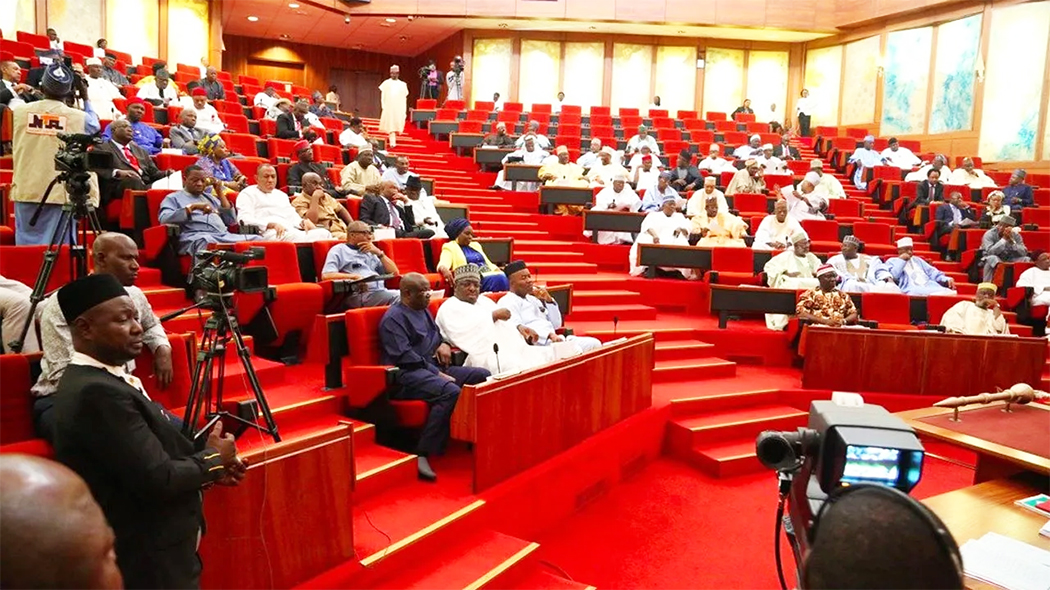
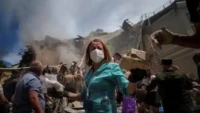

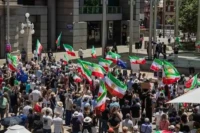
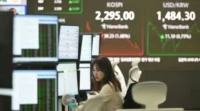
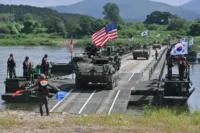
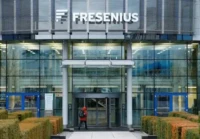
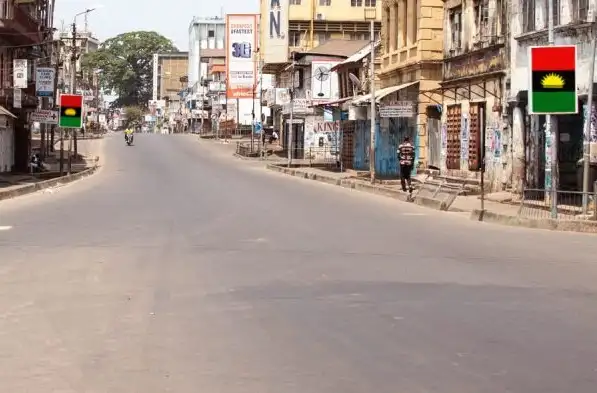
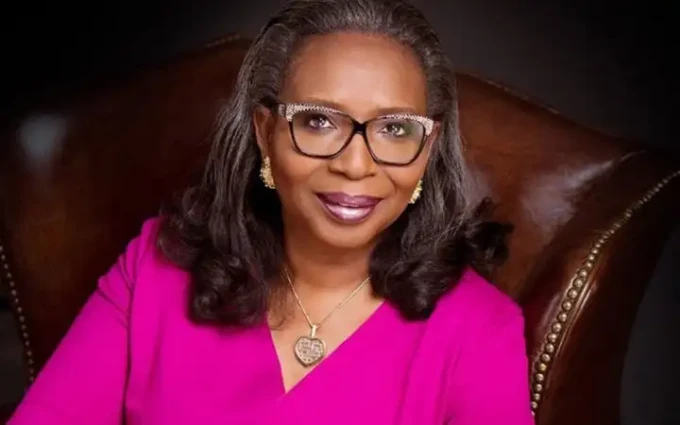
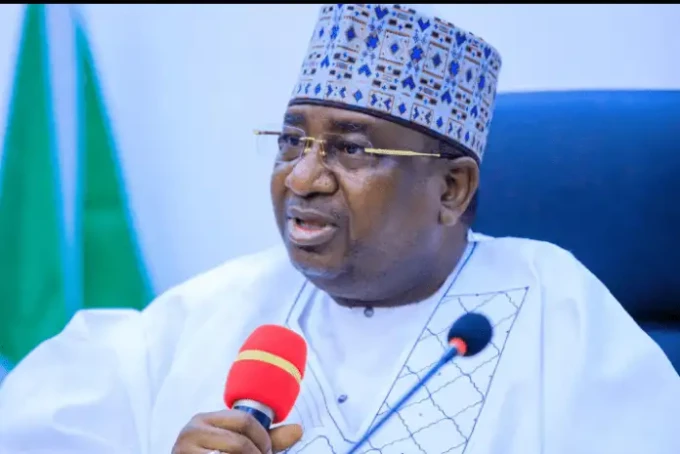
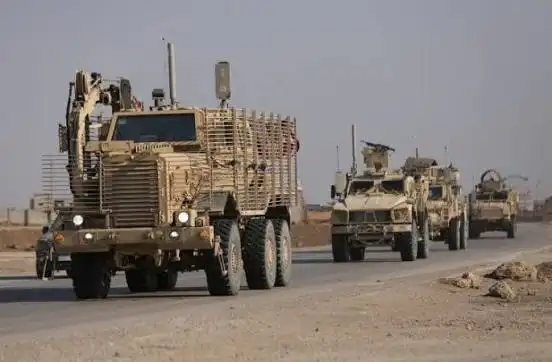
I find it hard to believe that a reputable organization like USAID would sponsor a terrorist group. Seems fishy to me.
Do you think the Senate is right to summon security chiefs over the alleged USAID sponsorship of Boko Haram? Seems like a big accusation to me!
Can we really believe these claims or is it just another political move? Im skeptical about the whole situation.
Do you think USAID could really be sponsoring Boko Haram? Sounds like a crazy conspiracy theory to me!
I cant believe the Senate is wasting time on conspiracy theories instead of tackling real issues. This is just a distraction!
Do you think USAID could actually be sponsoring Boko Haram? What a crazy conspiracy theory! Lets see what the Senate finds out.
Can you believe this USAID-Boko Haram link? Seems fishy to me. Whats really going on behind the scenes?
Do you think theres truth to the USAID-Boko Haram connection or is it just another conspiracy theory? Curious to hear your thoughts!